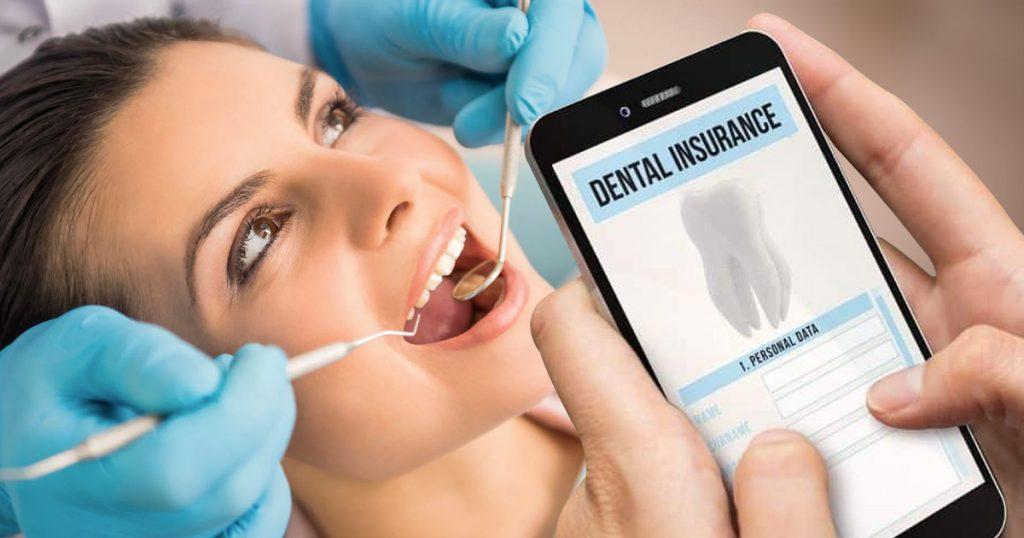Dental insurance is a topic that often sparks frustration among consumers. Many ask themselves, “Is dental insurance worth it?” The answer is not straightforward. While some people benefit from dental insurance, others find it to be a waste of money, leading them to question the value of these plans. Understanding why dental insurance is often criticized and exploring alternative options can help you make an informed decision about whether dental insurance is worth the cost for you.
What does dental insurance usually cover?
Preventive care, including routine cleanings, exams, and X-rays, is typically covered by dental insurance. These services are crucial for keeping oral health in check and avoiding more serious dental problems. Additionally, most dental insurance plans provide partial coverage for basic procedures such as fillings, extractions, and root canals. However, when it comes to more extensive treatments, such as crowns, bridges, or orthodontics, coverage is often limited, requiring significant out-of-pocket expenses.
Dental insurance plans often come with annual maximums, which limit the amount the insurance company will pay in a year. These maximums can be as low as $1,000 to $2,000, leaving patients to cover the remaining costs of expensive procedures. Furthermore, many dental insurance policies have waiting periods for major procedures, meaning you may need to wait six months to a year before your plan covers more costly treatments.
Why do many people consider it bad?
Many people consider dental insurance to be a bad investment due to the limited coverage it provides. The question, “Why is dental insurance so bad?” often arises because the annual maximums, waiting periods, and exclusions on certain procedures make it difficult for policyholders to get the full value of their insurance. Unlike medical insurance, which covers catastrophic events and ongoing treatments, dental insurance often falls short when people need it most.
The high cost of dental care, combined with low reimbursement rates from insurance companies, also contributes to the perception that dental insurance is worthless. Many dentists choose not to accept certain insurance plans because the reimbursement rates do not cover the cost of providing care. This forces patients to either pay out-of-pocket or search for a dentist who accepts their insurance, which can be time-consuming and frustrating.
Moreover, dental insurance premiums can be costly, particularly for plans that provide broader coverage. Considering the limited benefits and the high costs, it’s no wonder that many people feel dental insurance is not worth it. The disparity between what is paid in premiums and what is received in benefits leaves many questioning the value of dental insurance coverage.
Is there any way to resolve these issues?
Resolving the issues with dental insurance requires a combination of systemic changes and informed consumer choices. On a larger scale, improving dental insurance would involve increasing annual maximums, reducing waiting periods, and expanding coverage for more procedures. Legislative efforts, such as those proposed by Senator Bernie Sanders, aim to expand dental coverage through government programs like Medicare and Medicaid, which could help make dental care more accessible and affordable.
On a personal level, consumers can take steps to maximize the value of their dental insurance. This involves thoroughly examining the policy details before buying a plan, knowing what is covered, and being mindful of any waiting periods or exclusions. Choosing a strategy that aligns with your dental needs and budget is crucial to making dental insurance coverage worth it.
Is dental insurance worth it?
The value of dental insurance varies based on personal circumstances. Some find peace of mind in dental insurance, knowing it covers preventive care and basic procedures. This is particularly beneficial for families with children, where regular dental check-ups are crucial for ensuring good oral health. In these cases, dental insurance can help offset the cost of regular care, making it worth the investment.
However, for others, dental insurance may not be worth the cost. If you typically have good oral health and only need regular check-ups and cleanings, the costs of premiums and out-of-pocket expenses might surpass the advantages of having insurance. In such cases, paying for dental care directly without insurance might be more economical.
When deciding if dental insurance is worth it, consider your oral health history, the likelihood of needing extensive dental work, and the specific details of the insurance plan. For those with a history of dental issues or who expect to need significant dental work in the future, a more comprehensive dental insurance plan might be a wise investment.
What are your alternatives to dental insurance?
If you decide that dental insurance is not worth the cost, several alternatives can help manage dental care expenses:
Dental discount plans
Dental discount plans provide lower prices on dental procedures for an annual membership fee. Unlike traditional insurance, these plans do not cover costs directly but offer substantial savings on services from participating providers, making dental care more affordable.
Health Savings Accounts (HSA) and Flexible Spending Accounts (FSA)
Employers set up HSAs and FSAs, enabling you to allocate pre-tax dollars for medical and dental expenses. While these accounts don’t provide discounts on dental services, they offer tax advantages. These can ease the financial burden of dental care.
Dental schools
Dental schools can be a valuable option for those requiring extensive dental work. They often provide lower-cost services performed by students under the guidance of experienced faculty. While treatments at dental schools might take more time compared to private practices, the cost savings can be significant.
Dental insurance may not be for everyone
Dental insurance can be helpful for some, especially those with regular dental needs or families with kids. However, many find it not worth the cost due to limited coverage, low yearly limits, and high out-of-pocket expenses. It’s essential to weigh the costs against the benefits and consider your dental health needs before deciding. If dental insurance doesn’t fit your needs or budget, there are plenty of other options to use.
